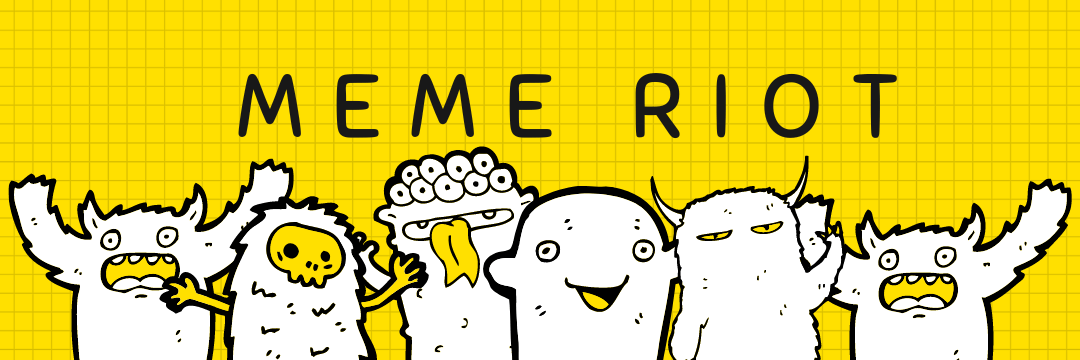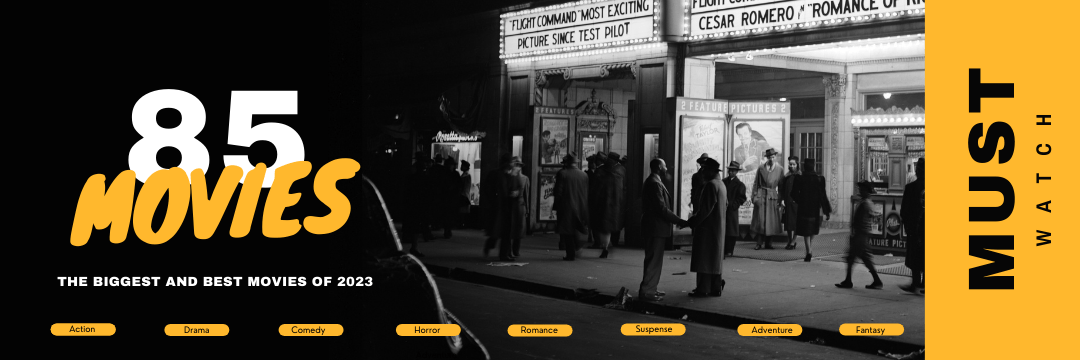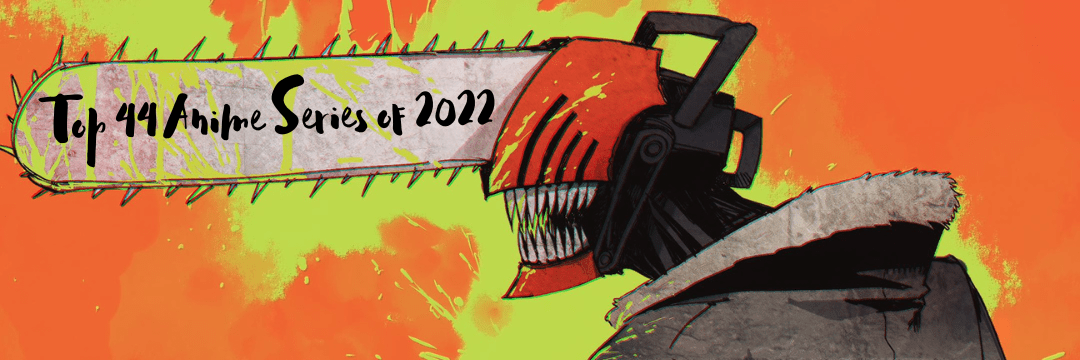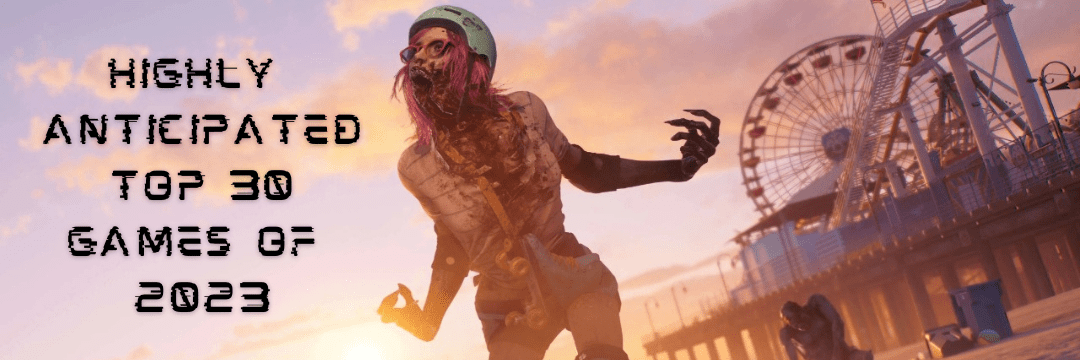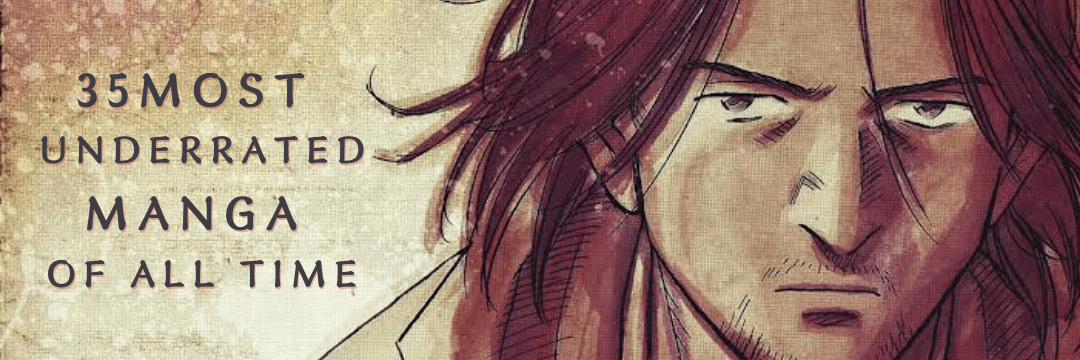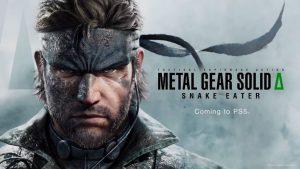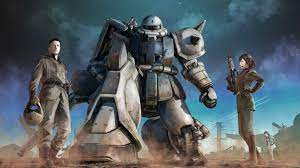Activision CEO Expresses Enthusiasm for AI Integration, Hints at Potential Inclusion in Upcoming Guitar Hero Reboot

In the ever-evolving landscape of technological advancements, one trend after another captures the spotlight as the harbinger of the future. From NFTs in 2021 to the metaverse last year, the current buzz revolves around the realm of artificial intelligence (AI). Major players in the gaming industry are eagerly embracing the potential of AI-generated graphics and narratives, anticipating substantial growth in their businesses. This week, Electronic Arts (EA) CEO, Andrew Wilson, boldly proclaimed gaming as one of the primary beneficiaries of AI. Notably, Bobby Kotick, the CEO of Activision Blizzard, recently expressed his belief that AI could be as transformative for society as the original Macintosh, even hinting at the possibility of incorporating AI in a future iteration of the beloved Guitar Hero franchise.
During a recent company-wide meeting, Kotick, a seasoned veteran with over 30 years of experience in leading the Call of Duty publisher, was asked about the role he envisions for AI at Activision Blizzard and within the broader landscape of video games. This question has become increasingly prevalent, as AI-generated narratives become a focal point amidst the Hollywood writers’ strike and as Google unveils groundbreaking AI tools with the potential to revolutionize internet navigation.
Drawing upon his familiarity with OpenAI and the origins of modern AI technologies, Kotick shared his profound insights: “I’ve known Sam Weltman and the talented individuals at OpenAI for quite some time. What people may not realize is that many of today’s AI advancements, including ChatGPT, originated from the concept of conquering games like Warcraft, Dota, Starcraft, Go, and Chess. These large-scale language learning models, which now power AI technologies, had their humble beginnings in the world of gaming.”
Continuing with his reflections, Kotick expressed his conviction about the far-reaching impact of AI on society, reminiscent of the awe he felt upon witnessing the first Macintosh. He emphasized the positive influence that AI can have on game development, enabling previously unattainable feats. Kotick illustrated his point by referencing the potential of a revamped Guitar Hero, stating, “I have always envisioned a new Guitar Hero product, but without the integration of AI and the processing power available in phones, computers, and game consoles, realizing this vision has remained elusive. Now, with AI becoming a practical and applicable reality, we stand at the cusp of an extraordinary era in game development. Over the next five to seven years, the impact will be nothing short of extraordinary.”
The specific details of Kotick’s AI-inspired vision for a Guitar Hero revival remain undisclosed. The acclaimed rhythm-based franchise enjoyed years of success until it succumbed to the pressures of relentless release schedules and an excess of peripherals. Perhaps the reincarnated Guitar Hero will empower players to generate their own songs inspired by popular artists’ styles and voices or enable them to jam alongside iconic musicians in real-time. The possibilities are intriguing, yet they also present challenges in terms of licensing.
Kotick further expressed his belief that AI tools will enhance accessibility and improve players’ learning experiences within games. He acknowledged that games like Call of Duty, with their vast complexity, often prevent players from fully exploring their potential. AI can bridge this gap, making games more approachable and facilitating a deeper understanding of their intricacies.
While executives extol the promises of AI advancements, concerns surrounding creativity, ownership, and privacy loom large among players and developers. Blizzard fans recently engaged in a minor controversy following the discovery of a patent related to machine learning image generation, which some misinterpreted as an indication of the studio’s intention to utilize AI for art creation. Hearthstone design manager Brenden Sewell and Blizzard president Mike Ybarra swiftly










